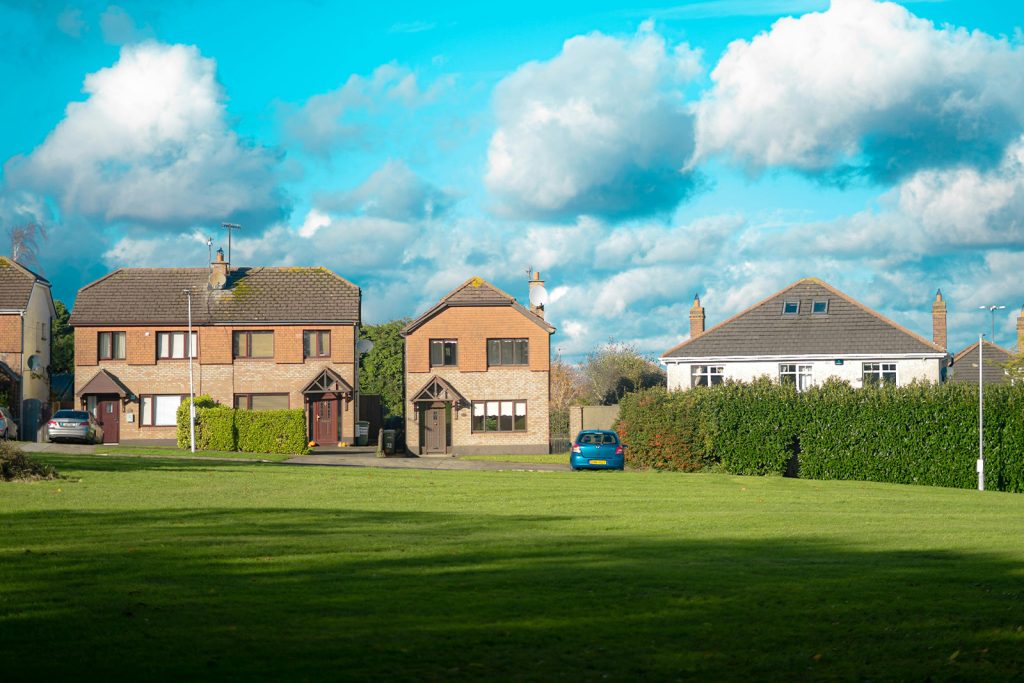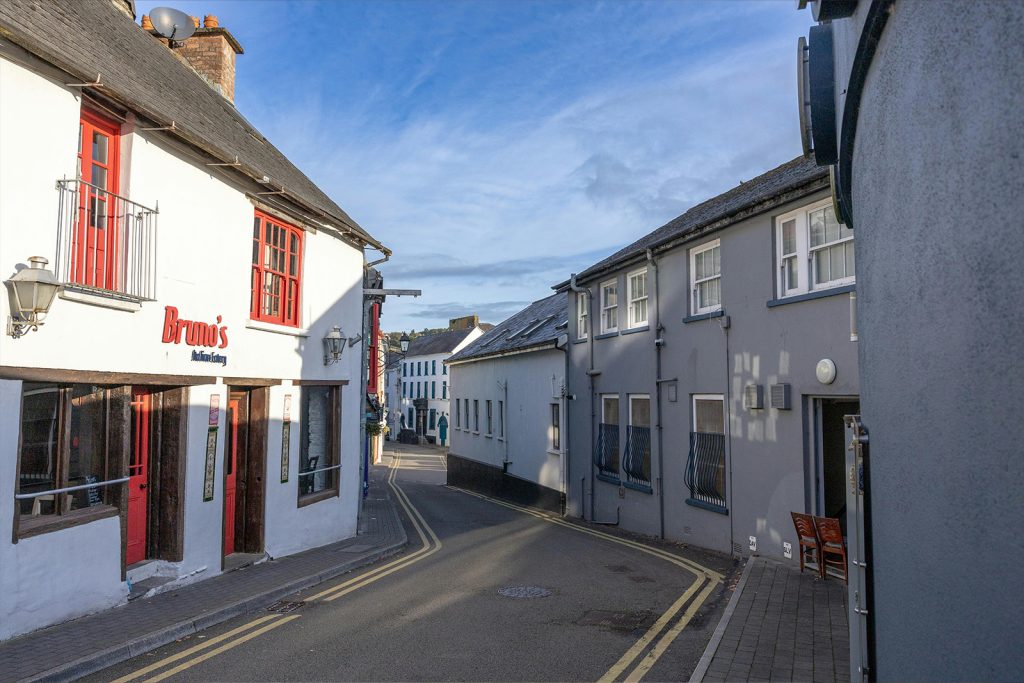Renting in retirement is becoming increasingly common in Ireland. With rising property prices, a growing number of older adults are choosing to rent rather than own. Whether it’s due to downsizing, lifestyle preferences, or financial practicality, more retirees are navigating the rental market later in life. While renting in your 60s or 70s comes with different priorities than in earlier decades, it’s absolutely possible to find a secure, comfortable home that suits your needs—provided you understand the current landscape and how to approach it.
The Irish rental market has been particularly challenging in recent years, marked by a housing shortage and increasing rents. This situation can be even more stressful for retirees who may be relying on fixed pensions or savings. Understanding your rights, accessing the right resources, and using digital tools like Tenantin.ie can help simplify the process and improve your chances of finding a suitable rental home.

Choosing the Right Home for Your Retirement
For retirees considering renting in Ireland, the first step is to clarify your housing goals. Many older adults seek properties that are manageable in size, close to essential services, and suitable for aging in place. That might mean choosing ground-floor apartments, bungalows, or homes with easy access to public transport, medical facilities, and local amenities.
Accessibility is a major consideration—look for features like grab bars, step-free entryways, and nearby community supports. These small details can significantly affect your comfort and long-term independence.
Budget is another critical factor. While some retirees receive state pensions, others rely on private pensions or long-term savings. It’s important to calculate what portion of your monthly income can realistically go toward rent while still covering food, utilities, and healthcare. According to recent data, rents across Ireland remain high, especially in cities like Dublin, Cork, and Galway. However, more affordable options exist in regional towns and rural areas, provided you’re open to relocating.
Navigating the Rental Market as an Older Adult
Unfortunately, age discrimination in the rental market is still an issue in some cases, even if it’s subtle or indirect. Some landlords may prefer younger tenants due to perceived concerns about health, longevity of lease, or mobility. While the Equal Status Acts 2000–2018 prohibit discrimination based on age in housing, enforcement can be difficult.
This is where having a polished rental application and a professional presentation can make a difference. Digital platforms like Tenantin.ie empower retirees by allowing them to build a strong rental profile—one that showcases reliability, financial stability, and rental history.
Tenantin.ie acts as a digital rental CV, allowing users to compile personal details, references, income verification, and preferences into one professional profile. This means you’re no longer starting from scratch with each application. For retirees who may not be as tech-savvy, the platform’s user-friendly interface and clear guidance help demystify the process.
More importantly, it boosts your credibility in a market that heavily favours prepared and proactive tenants.
How Tenantin.ie Simplifies Renting in Retirement
One of the most helpful features of Tenantin.ie is its ‘On a Hunt’ tool. When activated, it connects users to listings on FindQo.ie, automatically sending their rental resumes to landlords whose properties match their preferences.
This can be a major time-saver for retirees who may not have the energy—or patience—to manually search and apply to dozens of listings. You’ll also receive daily email alerts when a property that fits your needs becomes available, helping you stay one step ahead in a competitive market.
Using Tenantin.ie gives you more control, visibility, and professionalism in a process that can often feel stacked against older applicants. It helps you present your case confidently, especially if you’re new to renting or re-entering the market after years of homeownership.
Legal Rights and Financial Supports for Older Renters
It’s also important to understand the legal protections available to renters in Ireland. Retirees have the same rights as any tenant: landlords must give proper notice before ending a tenancy, deposits are held in trust by the Residential Tenancies Board (RTB), and rent increases are regulated—especially in Rent Pressure Zones.
The RTB website is a reliable resource for learning about your rights and obligations. Tenants over the age of 65 are considered a vulnerable group and may qualify for additional housing supports through local authorities or the Department of Social Protection.
From a financial standpoint, don’t forget to check if you’re eligible for assistance such as the Housing Assistance Payment (HAP) or Rent Supplement. These supports can make a real difference if your pension doesn’t stretch far enough to cover private market rents. Your local Citizens Information Centre or social worker can guide you through eligibility and applications.
A good practice when renting at any age—but especially in retirement—is to keep records. Store copies of your lease, receipts for rent and utilities, and any correspondence with your landlord. If disputes arise, having documentation will be essential.

Making the Transition: Downsizing and Finding Comfort
If you’re currently living in a home that’s no longer suited to your needs—perhaps it’s too large, costly, or difficult to maintain—downsizing and renting can be a practical and liberating step. But this transition often brings emotional challenges too. Leaving a family home is rarely easy, so give yourself time to adjust.
Focus on what you’re gaining: less maintenance, more flexibility, and the opportunity to live in a community that better suits your current lifestyle. Security and peace of mind are non-negotiable in your later years. Look for properties in safe neighbourhoods, with responsive landlords or property managers.
Some retirees also consider house-sharing as an option, either with another older adult or as part of an intergenerational living arrangement. It can reduce costs, offer companionship, and improve security. Programmes like The Homeshare or community-based initiatives might be worth exploring if living alone isn’t ideal for your circumstances.
A New Chapter, Not a Step Back
In short, while renting as a retiree in Ireland comes with its challenges, it also offers freedom, flexibility, and opportunities for a more manageable lifestyle. With proper planning, legal awareness, and the use of digital tools like Tenantin.ie, older renters can confidently approach the market and secure housing that suits both their budget and way of life.
Renting doesn’t have to be a step down—when done thoughtfully, it can be the foundation for a safe, simplified, and fulfilling retirement. With Ireland’s population of older adults growing steadily, now is the time to push for more age-inclusive policies, better protections, and technology that empowers renters of all ages to find the homes they deserve.





